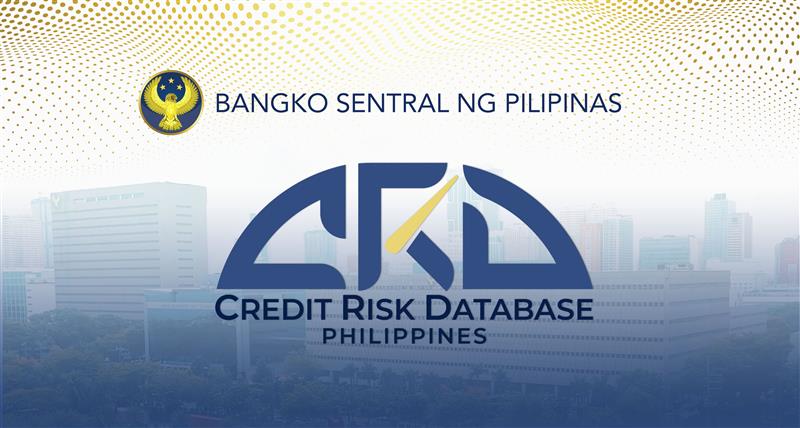Long-awaited PH credit risk database goes live

The Bangko Sentral ng Pilipinas (BSP) and the Japan International Cooperation Agency (Jica) have launched a credit risk database system to help financial institutions assess the creditworthiness of small and medium enterprises (SMEs).
This online platform is called the Credit Risk Database Philippines Web-based Scoring System (CRDPh System).
It officially went live last July 29.
The system generates credit scores and default probabilities using anonymized financial and nonfinancial data from participating financial institutions.
In turn, this enables faster and more accessible assessments of SME loans—to calculate their probability of default—without the need for standalone software installations.
Valuable information
With this valuable information, lending institutions will be able to quickly extend loans to those that are likely to pay back their loans, and at a lower interest rate because of the lower risk of default.
The BSP added in a statement that by providing an additional tool for approving and pricing SME loans, the CRDPh System addresses the “missing middle.”
This refers to SMEs that are too large for microfinance but too small for traditional commercial banks.
Also, the system is intended to provide policymakers with benchmark statistics and data to guide SME financing measures.
Collaboration between the BSP and Jica on a credit risk database started in a first-phase effort in 2020. In December 2024, they announced that they were proceeding to the second phase.
Back then, Jica, in a statement, noted that 99.63 percent of the more than 1.2 million business organizations in the Philippines are classified as micro, small and medium enterprises (MSMEs). And yet, MSMEs contribute only 35.7 percent of total economic output based on 2020 data.
Financial inclusion
The Japanese state agency said that, through this project, they intended to promote the financial inclusion, especially for SMEs, through the adoption of a risk-based lending approach. Jica and the BSP are pushing this as an alternative to the conventional bank assessment that requires adequate collateral, which SMEs may find difficult to provide.
The CRD scoring model was developed by Jica and BSP with the technical support of the CRD Association Japan.
According to Jica, the Philippines is the first country to adopt Japan CRD’s approach or model, where the database is composed of anonymous financial information that does not contain individual information.
The first phase of this project involved an initial batch of 17 financial institutions. During this phase, the project gathered enough anonymized data points, which were used to develop the statistical scoring model.
Following that, as of December 2024, 16 additional institutions have joined. More were expected to follow suit.
“We believe that key reforms, particularly our CRD project, can revolutionize the banking sector in the Philippines,” said Takema Sakamoto, chief representative at Jica Philippines.





















